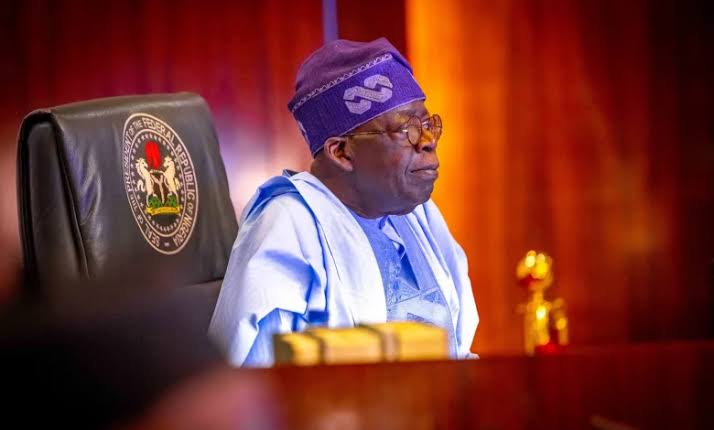The All Progressives Congress (APC) in Lagos State has hailed President Bola Tinubu’s economic reforms, describing them as a “fiscal revolution” rebuilding Nigeria brick by brick.
In a statement on Monday, the party’s spokesperson, Mr. Seye Oladejo, commended the visionary leadership and reform-driven approach of the Federal Inland Revenue Service (FIRS) under Tinubu’s Renewed Hope Agenda.
“In a period when nations are being tested by global economic disruptions, Nigeria stands resilient,” Oladejo said. “This is not by chance but by deliberate financial engineering driven by sound policy, strategic management, and disciplined revenue administration.”
He added that the transformation of the FIRS under its Executive Chairman, Mr. Zacch Adedeji, had gone beyond traditional tax collection to become an engine for economic redirection.
Oladejo explained that the FIRS had evolved into a strategic fiscal institution balancing revenue generation with economic stimulation. According to him, the introduction of digital tax administration platforms, data harmonisation, and improved compliance frameworks has ensured that every taxable entity contributes fairly and transparently to national development.
“The Renewed Hope administration understands that without strong fiscal foundations, no amount of political goodwill can deliver economic prosperity,” he said. “The modern FIRS is therefore not merely filling government coffers – it is laying the groundwork for sustainable national growth.”
Highlighting some innovations under the current FIRS leadership, Oladejo mentioned the TaxPro Max System, which has revolutionised tax filing, remittance, and reconciliation, eliminating leakages and human interference.
He also cited the Automated VAT collection mechanisms across telecoms, banking, and e-commerce sectors that ensure real-time tracking and accountability, as well as the Unified Tax Identification Number (TIN) expansion, which promotes a single national database for taxpayers.
Other notable strides, he said, include strategic collaborations between the FIRS, Customs, CAC, and NIMC to improve data accuracy and prevent duplication, alongside capacity-building and digital transformation programmes that have positioned the service among Africa’s most technologically advanced tax institutions.
“These initiatives have led to record-breaking revenue collections – with the FIRS crossing unprecedented thresholds that now provide the fiscal muscle for critical infrastructure, social welfare, and debt sustainability,” he stated.
Oladejo noted that President Tinubu’s Renewed Hope Agenda recognises revenue stability as the foundation for national sovereignty. “By reforming the FIRS and enforcing fiscal discipline across all tiers of government, the administration is freeing Nigeria from the perpetual cycle of borrowing and dependency,” he said.
According to him, every kobo collected through tax reforms is being reinvested in the people — through roads, schools, healthcare, security, and social investment programmes.
“The Renewed Hope vision is simple but profound: to build a nation that funds its own future,” he said. “This is what true nation building looks like – a Nigeria that generates wealth from within and uses it to empower its citizens.”
Oladejo recalled that it was in Lagos that President Tinubu first demonstrated how efficient tax administration could transform a state from near insolvency into an economic powerhouse.
He urged Nigerians to embrace the Renewed Hope tax reforms as a patriotic contribution to national development.
“A modern economy cannot thrive on oil alone. The strength of a nation lies in its citizens’ willingness to contribute to its growth. Paying tax is not punishment – it is partnership,” he said. “With renewed faith, reformed systems, and responsible citizenship, the Tinubu administration is building a Nigeria that works, that pays its way, and that sustains its own development.”


